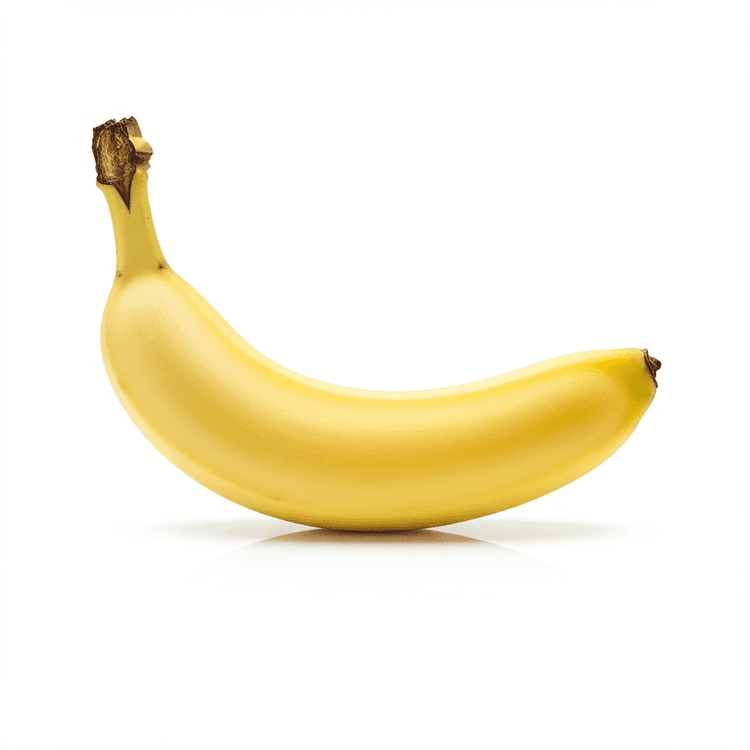
Apple
Apples are a versatile and widely loved fruit known for their crisp texture, sweet to tart flavor, and vibrant colors ranging from red and green to yellow. Packed with fiber, vitamins, and antioxidants, apples are a nutritious snack and a staple ingredient in both sweet and savory dishes. Their natural sweetness and juiciness make them ideal for baking, cooking, and juicing, while their firm texture holds up well in various recipes. Whether you're looking for a healthy snack or a key ingredient for pies, sauces, or salads, apples are a go-to choice for their flavor and versatility.
Common Uses
- Use apples to bake classic desserts like apple pie, apple crisp, or apple turnovers for a sweet and comforting treat.
- Slice apples thinly and add them to salads for a refreshing crunch and natural sweetness.
- Cook apples down with sugar and spices to create homemade applesauce or apple butter, perfect for spreading on toast or as a side dish.
- Roast apples alongside pork or chicken to enhance savory dishes with a touch of sweetness.
- Blend apples into smoothies or juices for a naturally sweet and nutrient-packed beverage.
- Use apples as a healthy snack by slicing them and pairing with peanut butter, cheese, or caramel dip.
Nutrition (per serving)
Nutrition (per serving)
Calories
52.0kcal (2.6%)
Protein
0.3g (0.6%)
Carbs
13.8g (5.02%)
Sugars
10.4g (20.8%)
Healthy Fat
0.1g
Unhealthy Fat
0.0g
% Daily Value based on a 2000 calorie diet
Nutrition (per serving)
Calories
52.0kcal (2.6%)
Protein
0.3g (0.6%)
Carbs
13.8g (5.02%)
Sugars
10.4g (20.8%)
Healthy Fat
0.1g
Unhealthy Fat
0.0g
% Daily Value based on a 2000 calorie diet
Health Benefits
- Apples are a great source of dietary fiber, which supports digestion and helps maintain a healthy gut.
- They are rich in antioxidants like vitamin C, which can boost the immune system and promote skin health.
- Apples are naturally sweet and low in calories, making them a popular choice for healthy snacks and desserts.
- Their crisp texture and mild flavor make them versatile for both sweet and savory dishes, such as salads, pies, and sauces.
- Apples contain natural sugars and carbohydrates, providing a quick energy boost for active lifestyles.
- They are often used in juicing and smoothies for added flavor and nutritional benefits.
Chefadora AI is here.
Experience smarter, stress-free cooking.
Storage Tips
Store apples in a cool, dry place or in the refrigerator to maintain their crispness and freshness. Keep them in a perforated plastic bag or a crisper drawer to prevent moisture loss. Avoid storing apples near strong-smelling foods, as they can absorb odors. For longer storage, you can freeze sliced apples after tossing them in lemon juice to prevent browning.





